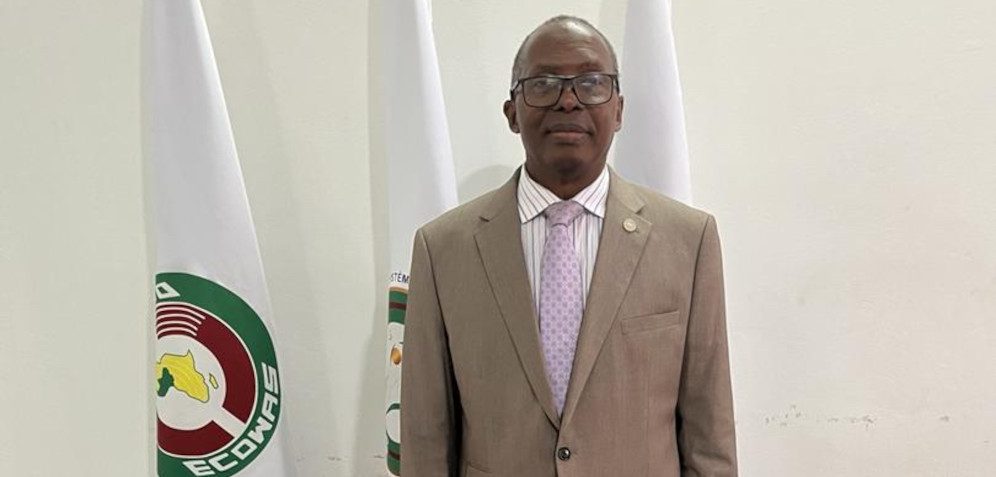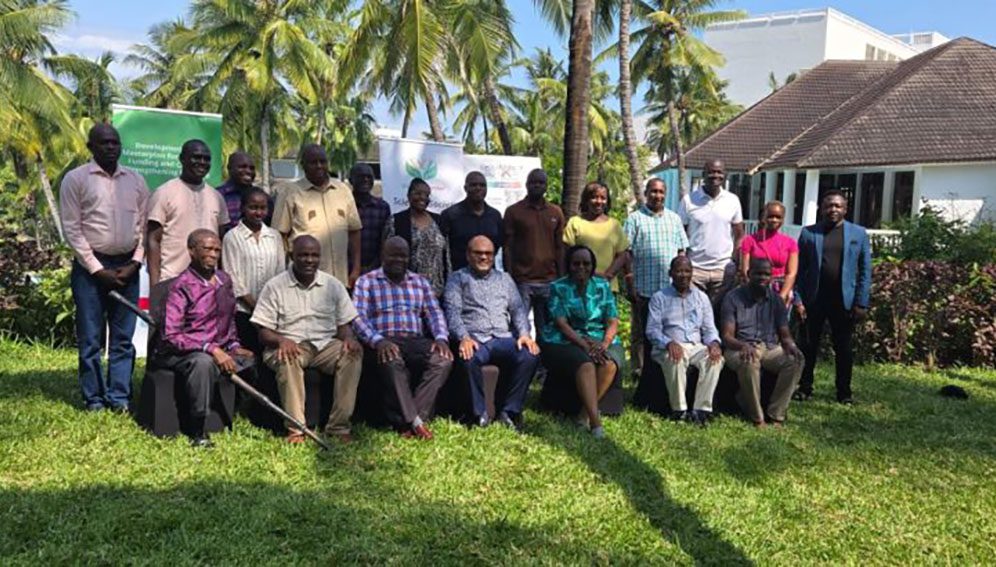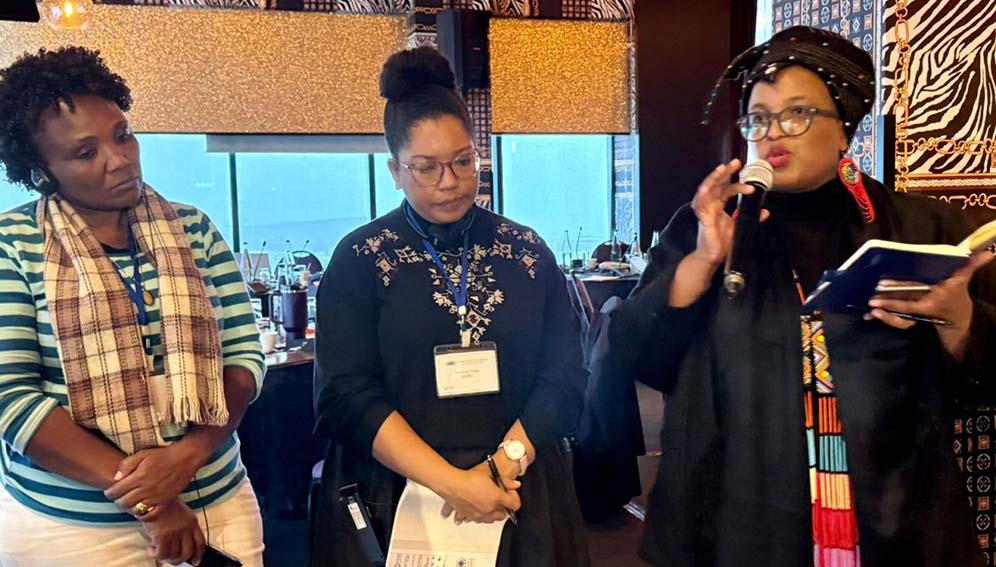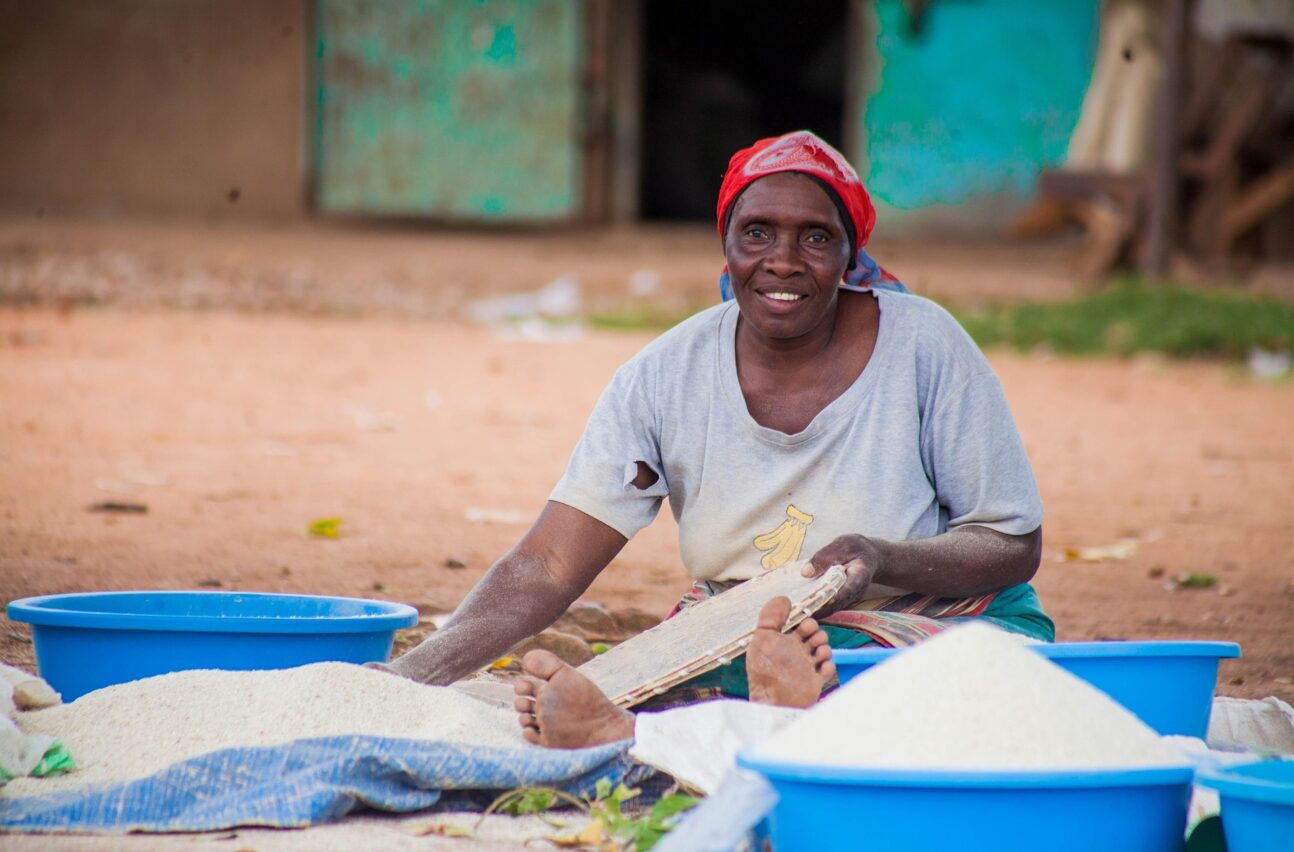SGCI News
[NAIROBI] A pan-African initiative supporting science granting councils has boosted Sierra Leone’s National Science, Technology and Innovation Council, helping it gain international recognition and relevance, the Sierra Leonean science council chair has…
[NAIROBI] A pan-African initiative supporting science granting councils has boosted Sierra Leone’s National Science, Technology and Innovation Council, helping it gain international recognition and relevance, the Sierra Leonean science council chair has said.
Jonas Redwood-Sawyerr, chair of Sierra Leone’s Ministry of Technical and Higher Education’s National Science, Technology and Innovation Council (NSTIC) – a member council of the pan-African initiative, emphasised the significant role the initiative played in helping the NSTIC launch its first call for research proposals.
“Participation in the Science Granting Councils Initiative (SGCI) has enabled Sierra Leone to obtain necessary support in research and evidence-based policies that will contribute to the socio-economic development of the country,” Redwood-Sawyerr said.
“Participation in SGCI has enabled Sierra Leone to obtain necessary support in research and evidence-based policies that will contribute to the socio-economic development of the countries.”
Jonas Redwood-Sawyerr, chair Sierra Leone Ministry of Technical and Higher Education’s National Science, Technology and Innovation Council
Sawyer added that the SGCI helped strengthen the capacity of the NSTIC, which promotes science and technology for Sierra Leoneans.
The SGCI is a multilateral initiative established in 2015 to increase the institutional capacities of 16 public scientific funding councils in Sub-Saharan Africa. Its goal is to support research and evidence-based policies that contribute to economic and social development.

The SGCI provides resources and training to these councils to help them fund and manage research programmes.
The 2014–2015 Ebola pandemic had a significant impact on Sierra Leone’s NSTIC. During the crisis, the council became inactive, mostly as a result of the reallocation of resources and hyper focus on responding to the Ebola crisis, a government official told SciDev.Net.
Redwood-Sawyerr said the NSTIC held its first call for proposals through the intervention of the SGCI with oversight and funding provided by the Association of African Universities and African Centre for Technology Studies.
He said some activities like capacity building exercises, trainings, and workshops were organised by the SGCI without any financial aid from the government.
However, he added that for these programmes to continue in the long term, it is crucial for the government to allocate budgetary support.
Redwood-Sawyerr said that the Sierra Leonean council’s main function is to promote science and technology to improve the quality of life of the people of Sierra Leone, but such functions will not be realised without a policy implementation plan.
“It will require resources for the development of an action plan or implementation plan and capacity building of personnel of the council to adequately and efficiently supervise and monitor the implementation,” he told SciDev.Net.
Article written By: Nelson Mandela Ogema
This article was supported by Canada’s International Development Research Centre (IDRC).
Related News
NRF Kenya leads first-ever national master-plan for research funding
The National Research Fund (NRF) Kenya is leading the development of the country’s first-ever Masterplan for research funding. The Masterplan is a strategic step toward transforming Kenya’s research landscape. Backed by strong government support and international partnerships, the Masterplan aims to align national research investments…
TETFund, Innov8 Hub showcase innovations at research demo day
The Tertiary Education Trust Fund (TETFund) and Innov8 Hub have concluded the Science Granting Councils Initiative (SGCI) Demo Day, an event that highlighted Nigeria’s growing capacity to transform academic research into market-ready solutions. TETFund, Nigeria’s representative council for SGCI, partnered with Innov8 Hub to support…
HSRC pushes for inclusive research systems at SGCI gender summit
The Human Sciences Research Council (HSRC) hosts the Science Granting Councils Initiative (SGCI) Gender Equality and Inclusion (GEI) learning summit and calls for a more inclusive research landscape. The event marked the culmination of a three-year project aimed at embedding gender equity and inclusivity into…
Research and Resources
SGCI funded projects
Zambia’s top researchers pioneer solutions for climate resilience, food security, economic growth
Project Titles & Institution Areas of Research Number of Projects being funded Project Duration Grant Amount In-Kind Distribution Council Collaboration with other councils





